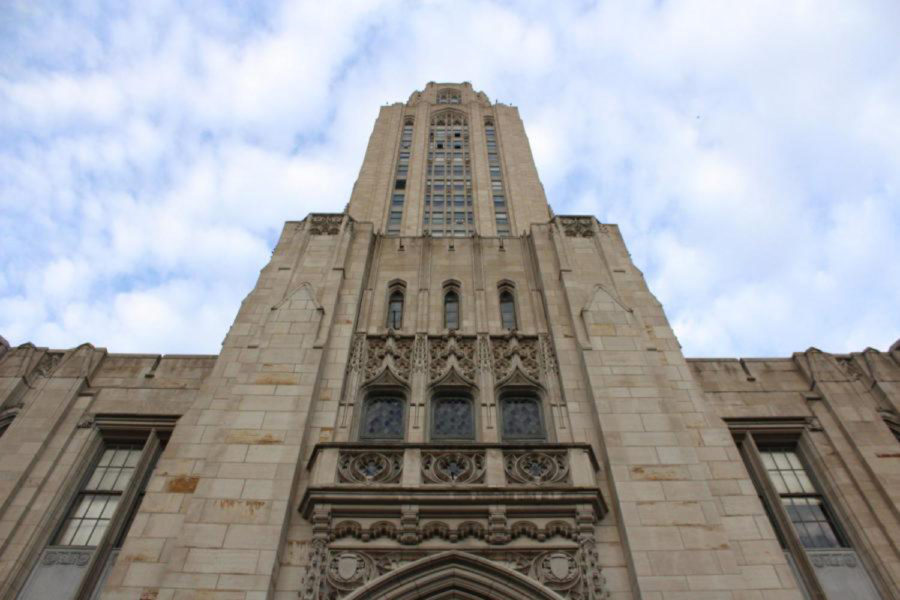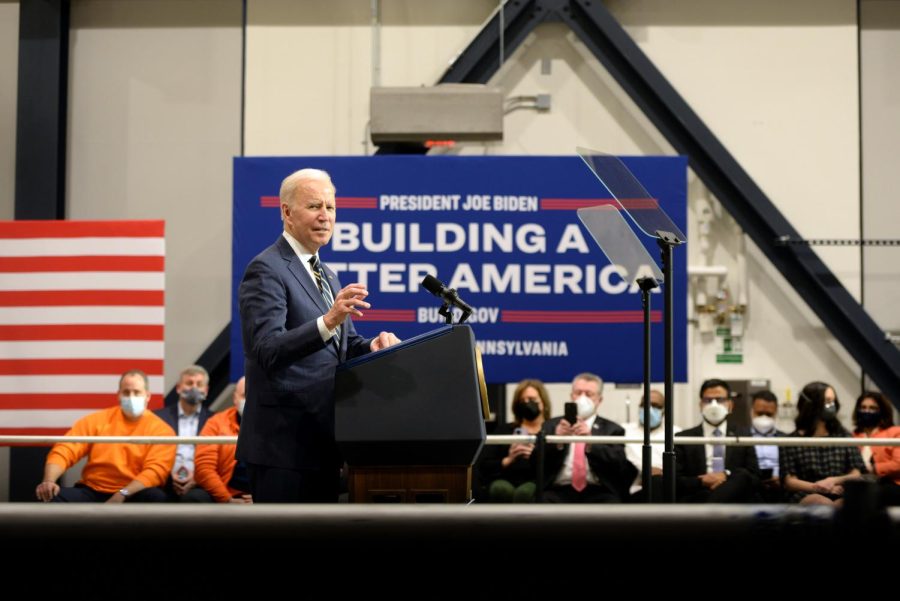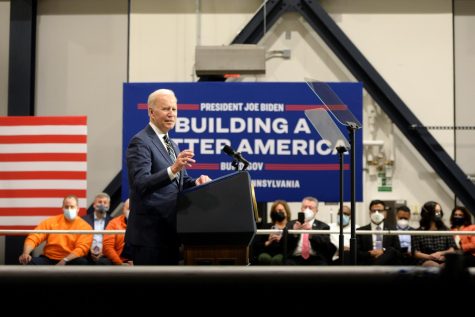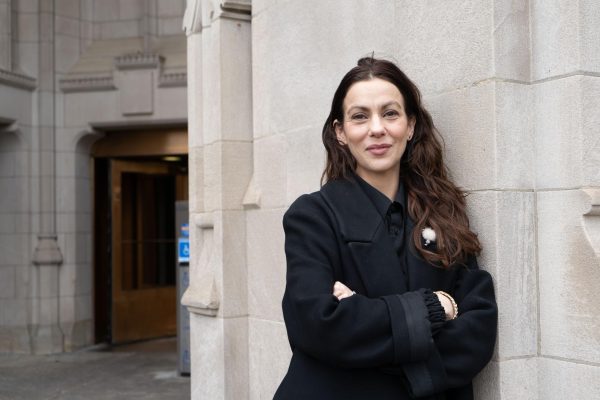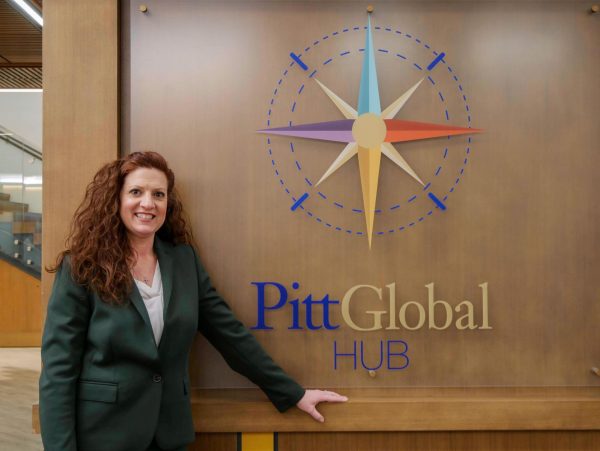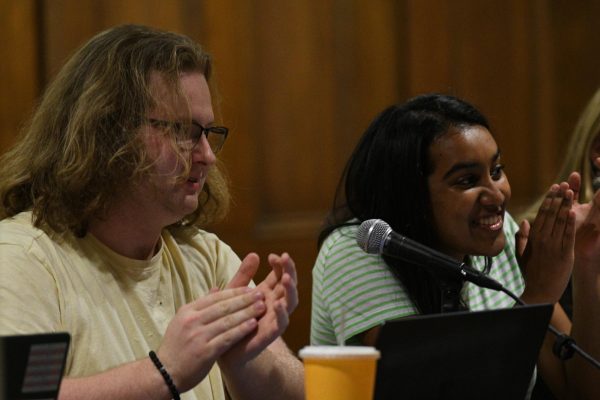Pitt students to face tuition hike, Commonwealth funding unclear
Sarah Cutshall | Visual Editor
Tuition will rise about 3 percent for in-state students next year, and about 5 percent for out-of-state students.
February 13, 2019
Pitt students may be left footing the bill next year with an expected tuition hike for an expanded University operating budget in the face of flat funding from the Commonwealth.
Pitt’s funding from the Commonwealth of Pennsylvania will be held flat next year, according to Gov. Tom Wolf’s proposed budget released last Tuesday, after receiving a 2.8 percent increase last year.
According to the budget request, tuition will rise by about 3 percent for in-state students and by about 5 percent for out-of-state students next year.
Pitt spokesman Joe Miksch did not respond before publication to a question about the tuition increase.
Over the last 10 years, tuition for in-state students has increased by an average of 4.1 percent per year, while out-of-state students have faced hikes of 3.2 percent per year. Graphic by Jon Moss | Online Visual Editor
During the 2017 budget season, Pitt and other state-related universities did not receive funding until late October instead of June — nearly resulting in a mid-year tuition increase of $11,000 for in-state students.
[Read: Chancellor: mid-year tuition increases possible]
Out-of-state students experienced an average tuition increase of 5.41 percent last year, while in-state tuition remained flat.
In its annual budget request to the state government, submitted last September, Pitt requested a 6.5 percent increase in funding across several line items, including:
- General Support: An increase of $10,460,000, from $160,915,000 to $171,375,000
- School of Medicine: An increase of $419,000, from $6,450,000 to $6,869,000
- Western Psychiatric Institute and Clinic: An increase of $368,000 from $5,662,000 to $6,030,000
- Dental Clinic: An increase of $49,000, from $759,000 to $808,000
- Center For Public Health Practice: An increase of $20,000 from $303,000 to $323,000
State funding for Pitt reached a low point in 2011, before starting a positive trend over the past few years. Graphic by Jon Moss | Online Visual Editor
Miksch said the University hoped state officials would reevaluate their decision not to increase University funding.
“As the budget process moves forward, we hope the governor and legislature will consider the value Pennsylvania’s state-related universities bring not only in terms of educating Pennsylvanians, but in serving as engines of economic development, innovation, and employment,” Miksch said in an email.
The next stage of the state budget process involves committee meetings in the state House and state Senate. All state-related universities, including Pitt, are scheduled to testify in front of the Senate Appropriations Committee in Harrisburg on Feb. 26 at 10 a.m.
Pitt will hold its annual Day in Harrisburg, a student and administration lobbying event with state legislators about state funding, on March 26.


